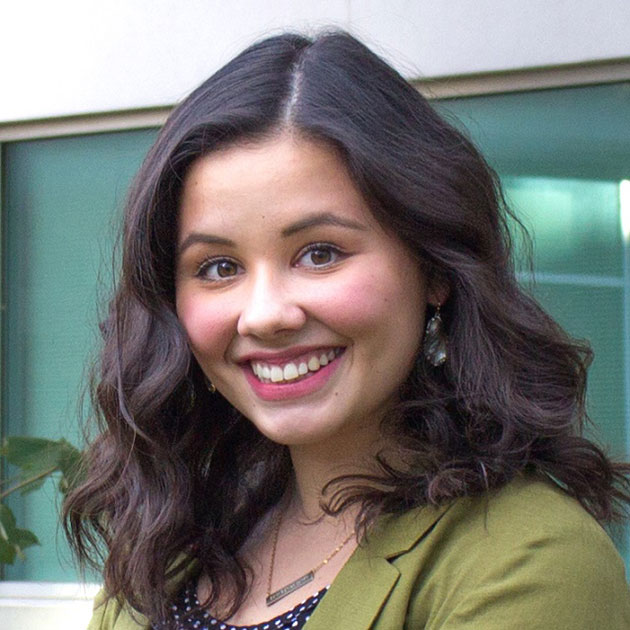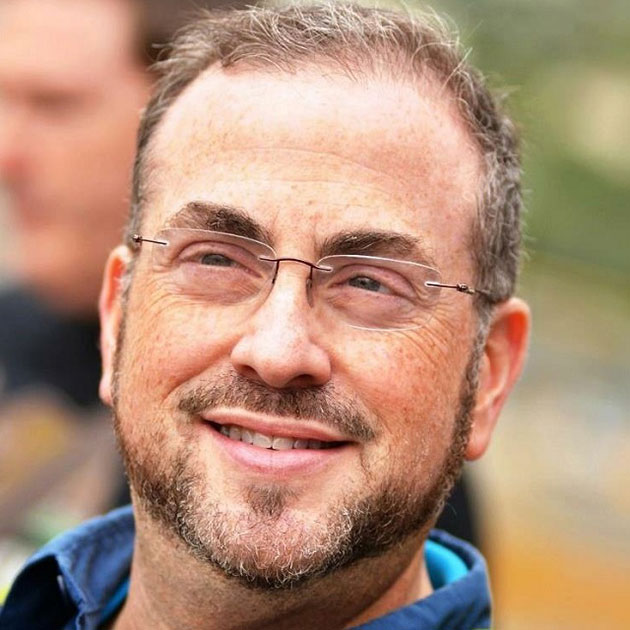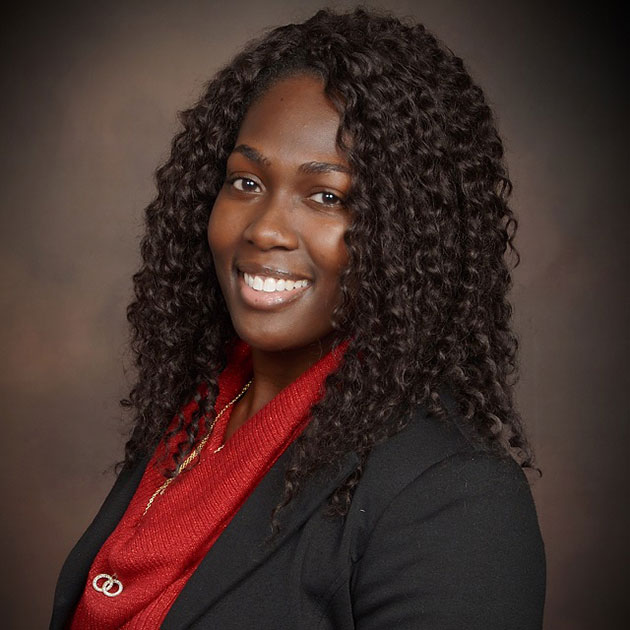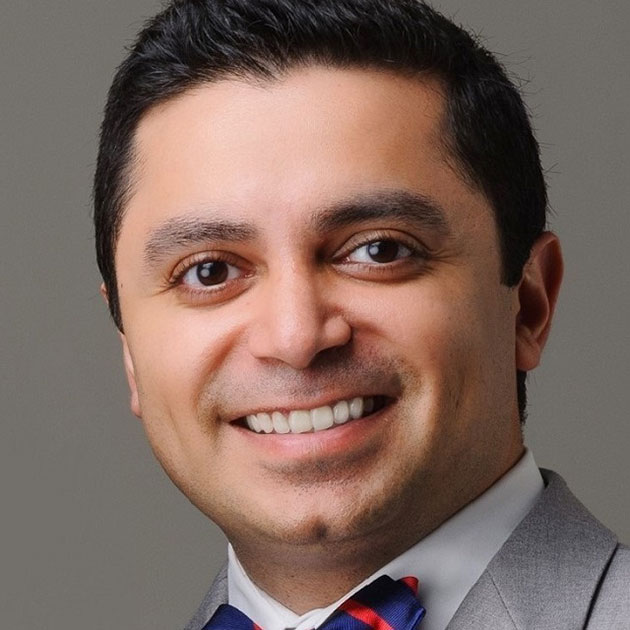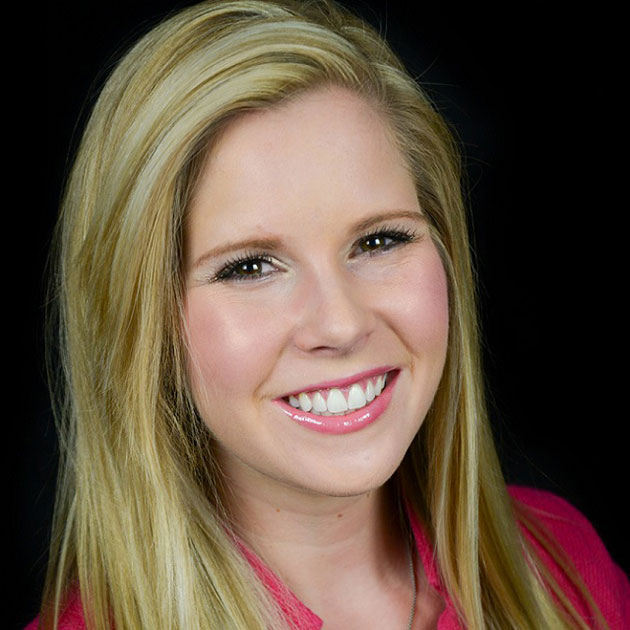
Texas Health Resources, Network Specialist
McCure, who earned her master’s degree in Healthcare Management, is part of a team managing Southwestern Health Resources’ preferred network of physicians and specialists. In addition, she’s working on an initiative to improve communication between Texas Health Physician’s Group and Texas Health Behavioral Health Help Line. She retains ties to her alma mater by serving on the steering committee of the UT Dallas Healthcare Management Alumni Affinity Chapter, which is open to any UT Dallas alum who works in healthcare or any graduate of the MS/Healthcare Management program.
What do you enjoy about your position?
I most enjoy working for an organization that really fits with my values. Texas Health Resources encourages you to speak up on ideas and to take risks. I don’t think I have ever experienced such a strong and supportive culture. In my current role, I am glad to be a part of building the partnership between Texas Health Resources and UT Southwestern. It is something new and exciting and I have only been with the organization since September of last year so my role in that capacity is growing.
What unexpected experience has shaped your current professional life?
I was looking for new opportunities while attending graduate school and I accepted a position where I was working as director of new business development. I had recently been turned down for another position within the organization that I really believed was a better fit for my skills so the new business development position wasn’t what I was looking for and I was nervous about expectations. However, I am thankful that I applied for and accepted the role because it brought me out of my comfort zone and gave me the opportunity to learn new skills. I learned how to create and build new service lines. I worked on my presentation skills and became a better speaker. These were things I would not have learned in the position I thought I was better suited for but didn’t get. Don’t be afraid to take chances on roles you hadn’t envisioned for yourself. Those might be the jobs that most benefit you.
What characteristics do you look for when hiring people into your workplace?
I’ve found that even if someone answers all of my interview questions in the way that I’m looking for, that does not guarantee success. I’ve learned that it’s best to look for individuals who are passionate and interested in what they are doing. Once I started searching for individuals who really cared about the people they were serving and who were passionate about their work, I found greater retention and success.
Why did you come to UT Dallas?
I came to UT Dallas to further my education. I was certain that it would allow me greater opportunities in the field. It was one of the best decisions I have ever made. I certainly would not be where I am today had it not been for my educational experience at UT Dallas.
Did a Jindal School professor inspire you?
I was inspired by Dr. Forney Fleming. He left practicing medicine and went back to school so that he could have the opportunity to teach others about healthcare and the challenges in this field. It is not every day an orthopedic surgeon sets out to give back in such a meaningful way. I am still inspired by his work and am lucky to be able to work with him as part of the Alumni Steering Committee.
What advice do you have for college students hoping to succeed professionally?
My best advice is to study and learn about what excites you most. I wouldn’t think too deeply about what distinct career path it will lead you to because college should be about exploring your interests and passions. Take a variety of subjects and courses and find something that you enjoy learning about. Keep going with that and I think you will find your way. My undergraduate degree is in psychology and while I wasn’t sure what opportunities that degree would bring, I knew that I really was drawn to the subject. After graduation, I worked as a Qualified Mental Health Professional (QMHP) with individuals suffering with mental illness. I loved that role and stayed there almost four years. It allowed me the opportunity to figure out my next steps as opposed to jumping right into another degree after graduation. Don’t be afraid to take your time and gain some experience before making your next move.
What makes an effective leader?
One of the most important qualities is the ability to lead by example. It is not enough to articulate direction and manage accountability – you must be able to inspire others to follow your lead. If you aren’t able to “walk the walk,” I don’t think you will get much traction. Next, having a motivated team is really important when it comes to leadership and one of the best ways to build an effective team is to make sure that those you are leading feel appreciated. Find qualities in your staff that you value and actively try to show your appreciation in ways that are best received by them. Some people respond best to verbal praise while others value your time. The key is to find out what works best for each individual and build on that. When people feel appreciated, they are more likely to follow you.

